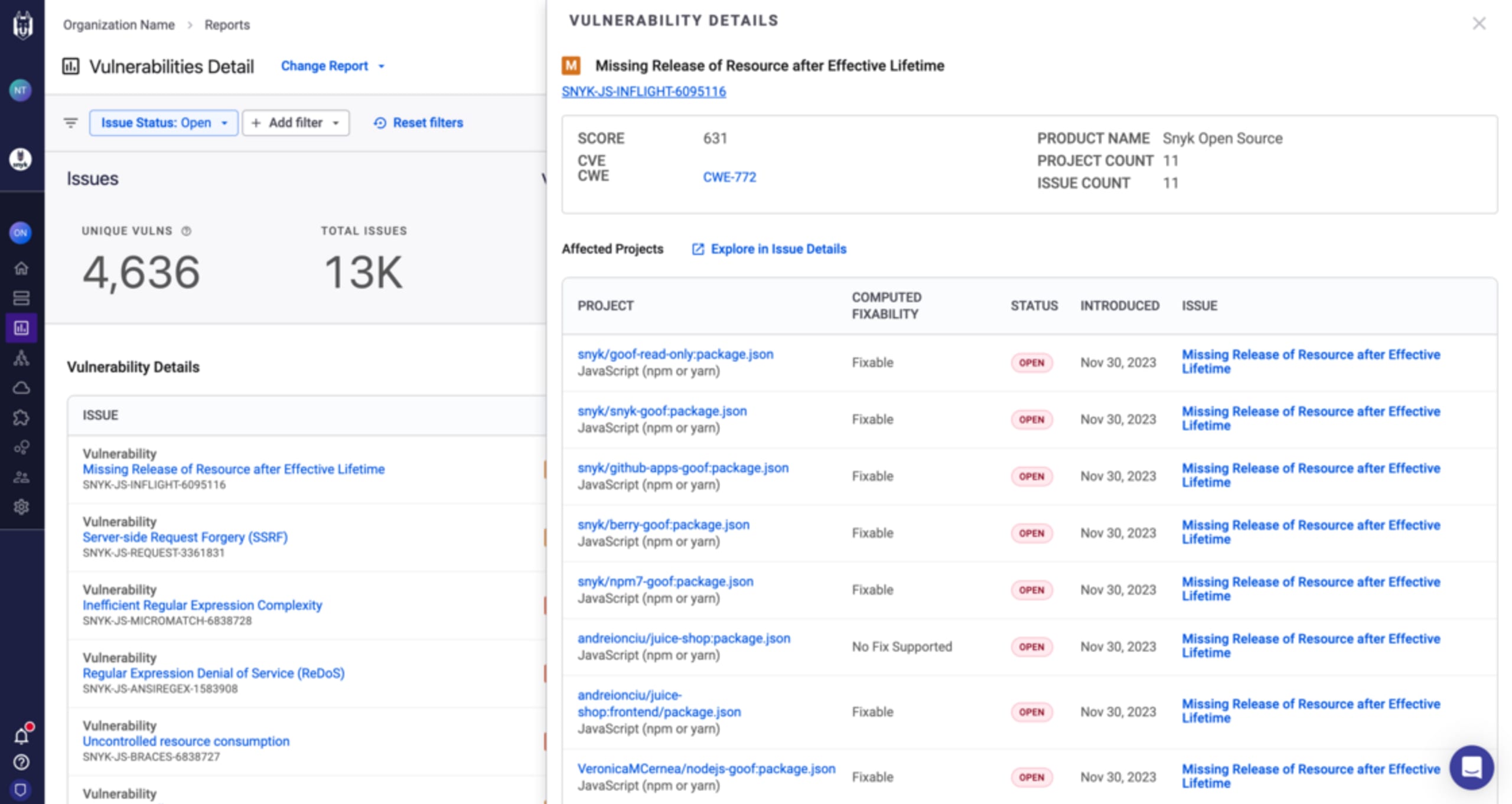Universal Broker Early Access
We are pleased to announce the Broker improvement; Universal Broker!
The Universal Broker is an innovative improvement to the Broker, providing a more scalable, secure, and user-friendly platform to alleviate management of Snyk Broker deployments and connections.
Previously, Snyk customers encountered difficulties managing multiple broker connections, leading to configuration challenges and risks. Universal Broker simplifies this process by allowing customers to consolidate all system types into a single Broker instance. Additionally, by implementing authenticated clients and abstracting sensitive values from the user interface, Snyk reaffirms its commitment to security.
By safeguarding credentials and providing a more intuitive user experience, this update aims to enhance overall efficiency and security for our customers.
The Universal Broker is particularly beneficial for customers who prioritize Github Server App or find managing multiple broker clients cumbersome.
To learn more about Universal Broker check out the user docs here! For any questions, please contact your Snyk Support team.
